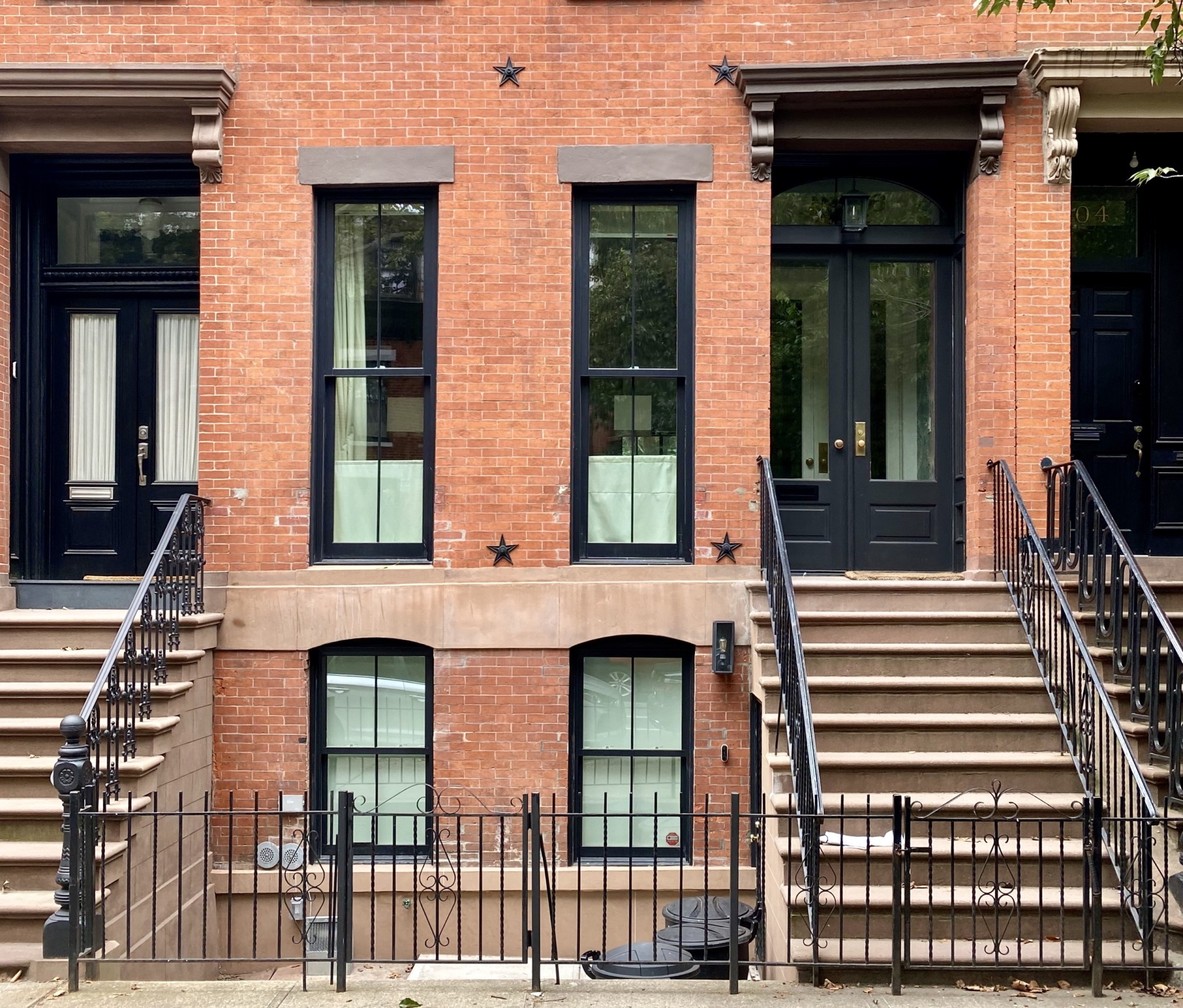Table of Contents Show
The home sales process can be pretty nerve-wracking, even at the best of times. One of the scariest moments will be the due diligence period for sellers. This is when the buyers will look at the home to determine its true physical and financial condition. One of the worst bits of news a seller can receive from this is to learn that there is a lien on the property. This isn’t a total dealbreaker, but it can cause significant delays and complications for the closing.
Fortunately, it is still possible to do a deal with liens and finalize a sale. Here, we show you how to do this and avoid this situation in the first place.
What is a Lien?What is a Lien?
A lien is a creditor’s legal right or claim against a property for those unfamiliar with the term. They exist to limit what the owner can do with the asset and ensure creditors are compensated for what’s owed to them. Anyone who purchased a home with the help of a mortgage will most definitely have a lien on it. Anyone who tries to sell a home with a lien on it will need to get it lifted before proceeding with the sale.
There are several types of liens, categorized as either voluntary or involuntary. Those received through a bank or lender in advance of a mortgage are considered voluntary since you agreed to accept the lien through the Deed of Trust. Once your mortgage is paid off, the lien is removed, and you’ll receive full title to the home. These types of liens don’t cause any damage to you (so long as you keep up with your mortgage payments). However, involuntary liens are usually bad news for the homeowner and indicate that some form of debt remains unpaid.
These types of liens include:These types of liens include:
- Tax Lien – A lien placed on your property by a government agency for any unpaid income, business, or property taxes. These usually come from the IRS after failing to receive a reply informing you of your obligations. The only way to remove this type of lien is to pay the outstanding debt.
- General Judgement Lien – When a debtor fails to meet their financial obligations, a creditor can sue them for the balance owed. If the court rules in the creditor’s favor, they can place a lien on the debtor’s property.
- Mechanic’s Lien – Contractors who fail to receive payment for work on a property can file for a mechanic’s lien, also known as a property or construction lien. The debtor will usually receive a payment request and a notice of intent before filing this lien.
These will show up on a credit report and can damage your credit score.
How to Resolve a LienHow to Resolve a Lien
Here are some ways you can remove a lien on your property. Your real estate attorney (required for home closings in NYS) will play a vital part in ensuring everything goes smoothly.
1. Pay off the debt1. Pay off the debt
This is the most efficient way to clear the title on your property. Once paid off, the creditor will file for release with the same authority which recorded the lien. After the lien is removed, you are free to transfer the property as you please. With the help of your attorney, you may even be able to negotiate for a lower payoff amount.
2. Pay off the debt with the proceeds from the home sale2. Pay off the debt with the proceeds from the home sale
If you don’t have enough funds to pay off the debt, you can use the proceeds from the sale of your home to cover the outstanding debt. Your real estate agent can write the lien into the settlement agreement. On closing day, the lien will be deducted from the proceeds of the sale.
3. File for a release-of-lien form3. File for a release-of-lien form
It’s not uncommon for liens to sometimes be recorded incorrectly. If you find it invalid on looking into the lien, you can file for a release-of-lien form through your attorney. Ensure the form includes your name, the lien holder’s name, proof and amount of the debt paid, and a description and address of the property.
4. Take out a bond4. Take out a bond
Another option to pay off a lien you can’t afford, take out a bond. This will cover the costs of the lien and allow the home transaction to go forward. After closing, you can pay off the bond with your proceeds from the sale.
Ways to Avoid LiensWays to Avoid Liens
Ideally, you’ll want to take steps to ensure you don’t get any liens on your property in the first place. You can achieve this through the following:
- Get Title Insurance – When purchasing a property, title insurance is one of the most important things. NYC usually costs between 0.4% and 0.5% of the purchase price and will ensure you don’t get any nasty surprises if the title company fails to spot an old lien. If that happens (more common than you might think), the title company will foot the bill instead of you.
- Pay Bills and Taxes on Time – To avoid receiving any liens on your property, ensure that you pay all your bills and taxes once they come due. While this can be easier said than done, it’s still the best solution in the long run.
Final ThoughtsFinal Thoughts
While stressful, you selling a home with a lien is possible. Every homeowner who knows they have one on their property should be transparent with their listing agent. It will almost certainly come up in the title search, so you can work out a plan of action before it becomes a problem by being upfront about it.

